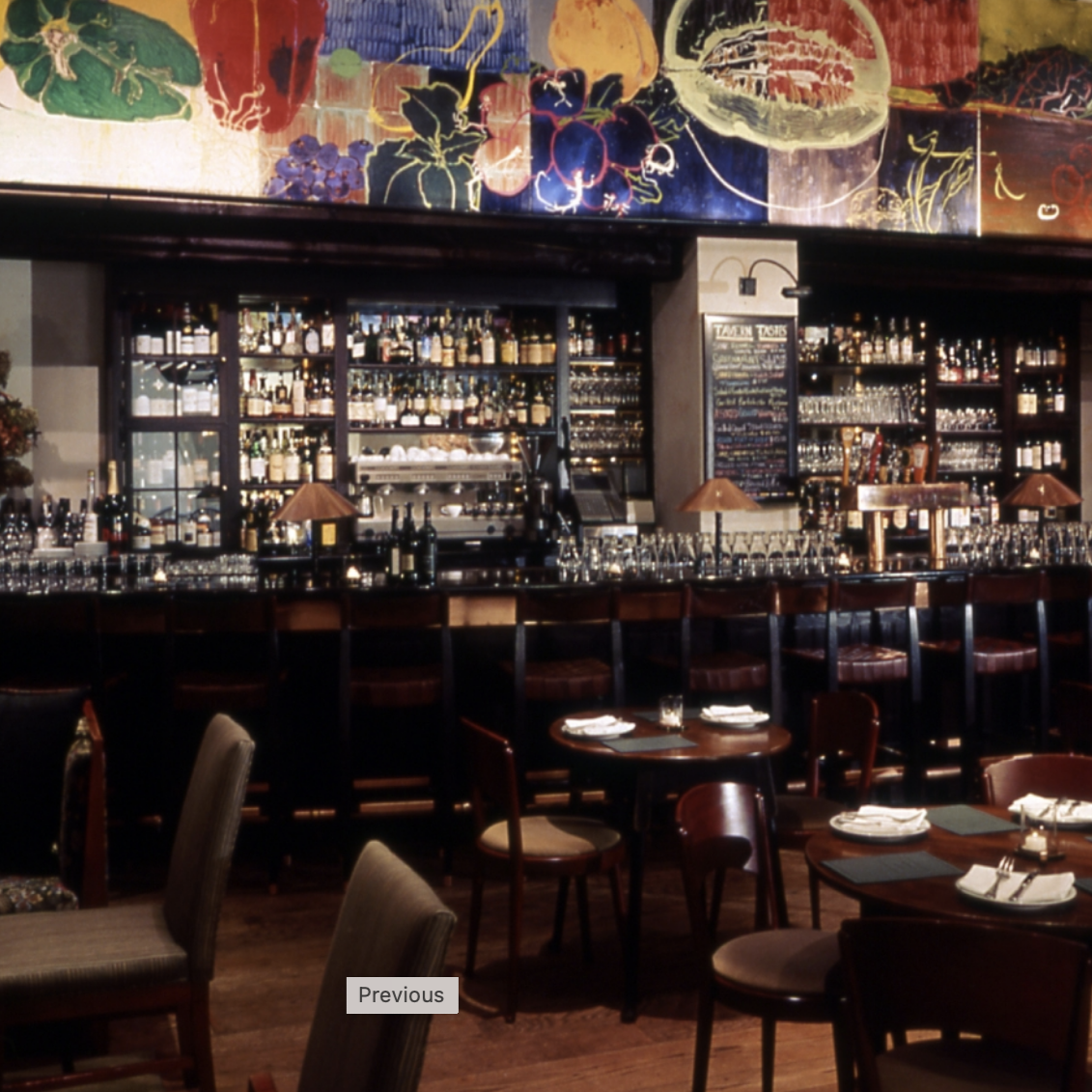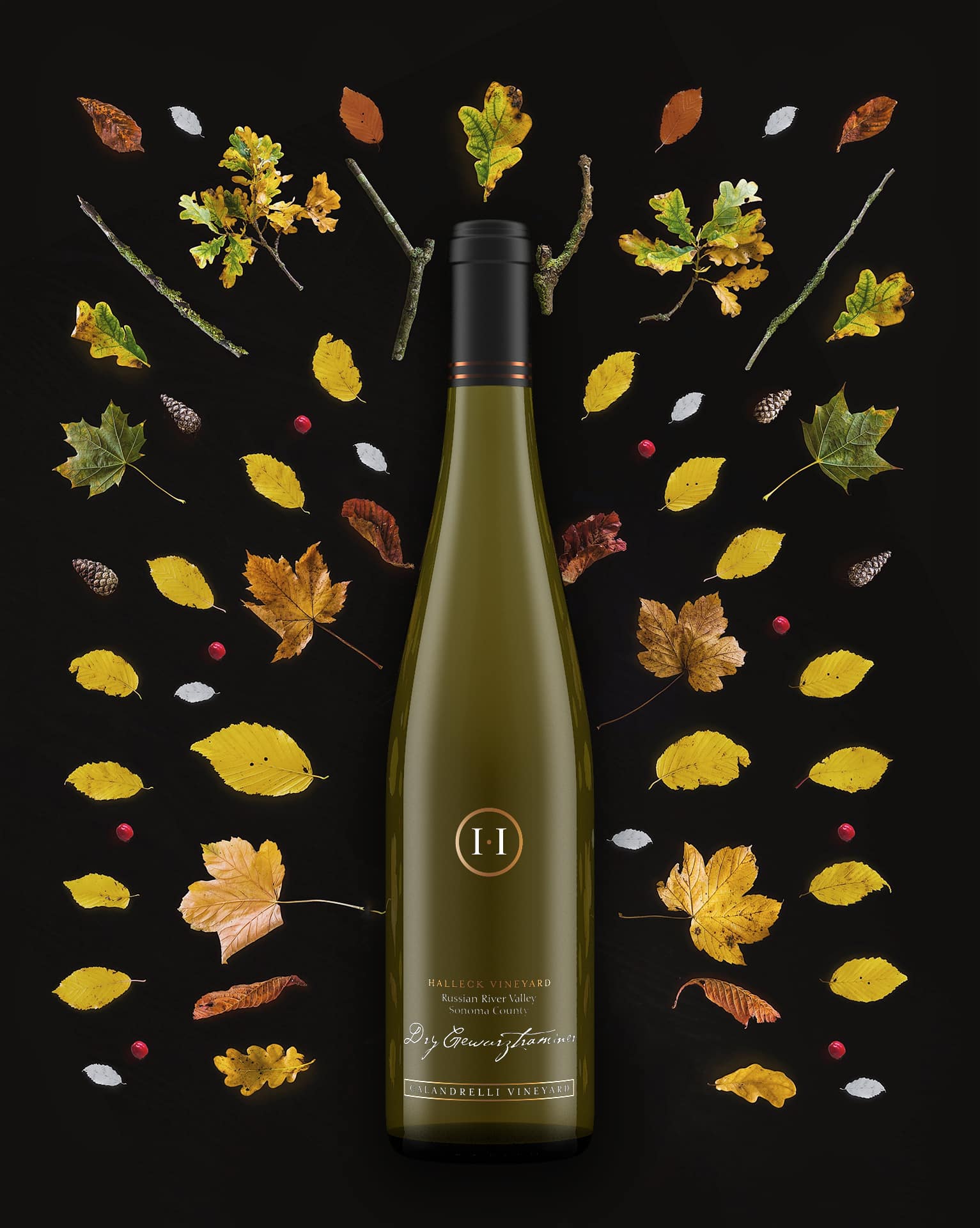Breathtaking Views From Sonoma Wineries - Sebastopol Wineries
Intimate Wine Tasting Experiences In Sonoma - Best Winery Located In Sonoma
Visiting a winery for a wine tasting could be a fascinating experience, particularly when you know the way to maximise the chance with tasting notes. These notes serve as a guide to understanding the complexities of the wines you sample and assist in forming a deeper connection with every pour. Utilizing tasting notes can transform your experience, allowing you to savor not just the taste but additionally the story behind each bottle.
Each wine has a unique profile influenced by grape variety, terroir, and winemaking techniques. Understanding these elements can improve your appreciation of the wine. When you are given a tasting menu or a flight of wines to pattern, take the time to learn via any descriptions offered (Vintage Wine Tasting Experiences In Sebastopol). This preliminary overview can set the tone and expectations on your tasting experience.
Start your wine tasting by observing the wine in your glass. The color can reveal lots in regards to the wine’s age and varietal. Take notes on the hue, readability, and viscosity. A well-structured tasting note often consists of this visible assessment because it forms the muse of your evaluation. While it could seem trivial, the visual side is crucial in wine tasting.
Wineries Providing Guided Vineyard Walks - Best Winery In Sonoma For Quality Wine
After your visual assessment, it is time to take a delicate whiff. Swirl the wine in your glass to aerate it, releasing its aroma. This is the place tasting notes turn out to be particularly priceless. Make notes concerning the different scents you detect—fruits, spices, or floral hints. Figuring Out these aromas will assist you to put words to the intrinsic complexities of the wine you might be sampling.

The subsequent essential step is the tasting itself. Take a small sip and let the wine roll over your palate. Note the flavors you experience. Are they candy or tart? Where does your palate detect each flavor? Some wines may current instant sweetness adopted by a tannic finish. Use your tasting notes to document these layers, creating a roadmap of your sensory experience.
Consider additionally the mouthfeel of the wine as you style. Is it easy, crisp, creamy, or maybe tannic? This textural quality significantly influences the general enjoyment and impression of the wine. Observing the mouthfeel can reveal the standard and craftsmanship behind the winemaking process.
It's beneficial to check completely different wines as you style them. If you're sampling a flight with contrasting varietals, make a note of the variations you understand. How does the acidity vary from one wine to another? Which wine feels fuller, and which is extra refreshing? This comparative train deepens your understanding and helps sharpen your analytical skills.
Wineries With Artisan Chocolate Pairings In Sonoma - Sonoma Wine Tasting Tour

Interact with the winery workers while tasting. Knowledgeable hosts usually share insights about the winery's history, the particular vintage, or the winemaking philosophy, enriching your appreciation of the wine. Don't hesitate to ask questions that pique your curiosity primarily based on your tasting notes. Many hosts take pleasure in discussing their wines and might offer a wealth of data that isn’t available from printed materials. Unique Wine Blending Experiences In Sonoma.
Hold in mind the seasonality of wines as you style. Completely Different wines evoke varied moods and pair properly with distinct culinary experiences. Take notes on the way you may get pleasure from a particular wine with food. This not only provides context to your tasting notes but also aids future choices and purchases.
Another helpful tip while utilizing tasting notes at a winery is to record your impressions instantly. As wines can blend and create a uniform flavor reminiscence, jotting down your thoughts promptly ensures a more correct reflection of your experience. Use adjectives that resonate with you, crafting a personal vocabulary to explain each wine primarily based on your preferences.
After finishing the tasting, review the notes you’ve taken. Replicate on which wines stood out to you and why. This reflection reinforces your tasting experience and highlights what you may search in future purchases. If you've got famous specific aromas or flavors that captivated you, this data empowers you to decide out wines that align with your palate.
Wineries Featuring Vineyard Tours - Wine Tasting Activities In Sebastopol
Wine tasting can also hop over to here serve as a possibility for socializing. Sharing your tasting notes with companions can ignite participating discussions on flavors, preferences, and impressions. This communal facet of wine tasting often enhances the experience, cementing lasting memories that you could recall with a cup of wine in hand.
In conclusion, using tasting notes at a winery wine tasting can significantly enhance your experience. By observing the visible features, aromas, flavors, mouthfeel, and even the stories behind the wines, you create a rich tapestry of notes that may guide your future wine experiences. Partaking with the employees, comparing wines, and reflecting on your impressions will deepen your appreciation for the art of winemaking. Every tasting is a chance to discover and join with wines in thrilling new ways. With practice, your tasting notes will evolve, changing into a cherished element of your wine journey.
Best Pinot Noir Wineries In Sebastopol - Iconic Wineries Of Sebastopol
- Start by familiarizing yourself with the winery's tasting notes; they often describe the wine’s aroma, flavor profile, and finish, providing a helpful framework.
- Use your senses of sight and scent earlier than tasting; swirl the wine in your glass, observe its colour, and inhale its bouquet to capture the wine's initial characteristics.
- When tasting, take a small sip and let the wine coat your palate; focus on the first flavors and any secondary notes which will emerge, similar to fruit, spice, or earthiness.
- Pay attention to the texture and mouthfeel of the wine; is it easy, tannic, creamy, or crisp? This side can considerably enhance your understanding of the wine.
- Compare the tasting notes along with your sensory experience, noting any similarities or discrepancies, which might deepen your appreciation of every wine’s complexity.
- Think About the wine’s aging potential by analyzing its construction and steadiness; some wines may be enjoyable now, whereas others might evolve superbly over time.
- Take notes during the tasting; recording your impressions may help you keep in mind each wine higher and refine your palate for future tastings.
- Have Interaction with the tasting employees; ask questions about the wine manufacturing process, grape varieties, and the specific notes you are detecting to reinforce your knowledge and experience.
- Discover pairing ideas alongside your tasting; understanding which foods complement the wine can enrich each the tasting experience and your appreciation for the wine's nuances.
- Respect varying preferences amongst your group; wine tasting is subjective, and inspiring open dialogue about individual tastes can result in a more gratifying and informative experience.undefinedWhat are tasting notes, and why are they essential at a wine tasting?undefinedTasting notes are descriptions of the flavors, aromas, and overall impressions of a wine. They are necessary as a result of they guide your palate and improve your understanding of the wine's characteristics, serving to you appreciate completely different varieties and styles.
How should I take notes throughout a wine tasting?undefinedYou should focus on key parts corresponding to aroma, flavor, body, acidity, and end. Use a structured format or template to categorize your thoughts and write down your impressions instantly after tasting. This helps you keep in mind your ideas later.
Can I use my very own words to describe a wine, or ought to I stick to standard tasting terms?undefinedYou can completely use your own words to describe a wine. Whereas standard tasting phrases can help convey particular qualities, personal descriptors add authenticity to your notes and might make your wine experience more gratifying and relatable.
Should I focus on specific flavors in the wine or the general experience?undefinedBoth elements are important. While particular flavors help you determine the distinctive characteristics of a wine, the overall experience encompasses how all components combine—creating a more holistic understanding of the wine.
Elegant Wine Tasting Locations In Sonoma - Best Wineries For Wine Tasting Sonoma Area
What if I can't identify sure aromas or flavors throughout a tasting?undefinedIt’s widespread to have difficulty figuring out specific tastes or scents. Don’t hesitate to ask for help or steering from the employees at the winery. They can present insights and help refine your palate over time by way of practice.
How can I use tasting notes to choose wines in the future?undefinedBy reviewing your tasting notes, you'll find a way to identify your preferences and developments in your wine decisions. This allows you to choose wines that align with your palate in future tastings and purchases, his explanation making your experience extra enjoyable.
Is it acceptable to match wines throughout a tasting?undefinedYes, comparing wines can be useful. It helps highlight the variations in flavor profiles and attributes, allowing you to develop a deeper appreciation and understanding of every wine's unique qualities.
What should I do if I disagree with the tasting notes supplied by the winery staff?undefinedDisagreement is a natural a part of wine tasting! Use it as a chance to debate your impressions with the employees; they'll provide extra context or information about the wine, which might enrich your experience.
Wineries Offering Elegant Wine Tastings - Enjoying A Vineyard In Sonoma
How should I manage my tasting notes after the event?undefinedAfter the tasting, organize your notes by wine kind, producer, or personal desire. Contemplate making a digital or bodily journal which could be referenced for future tastings and wine selections, making it simpler to recall your experiences.